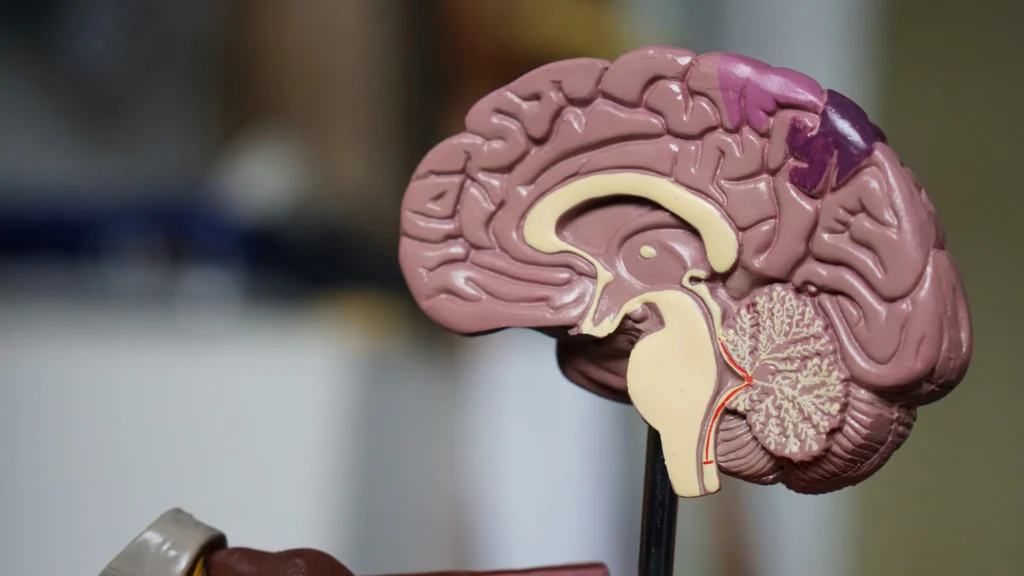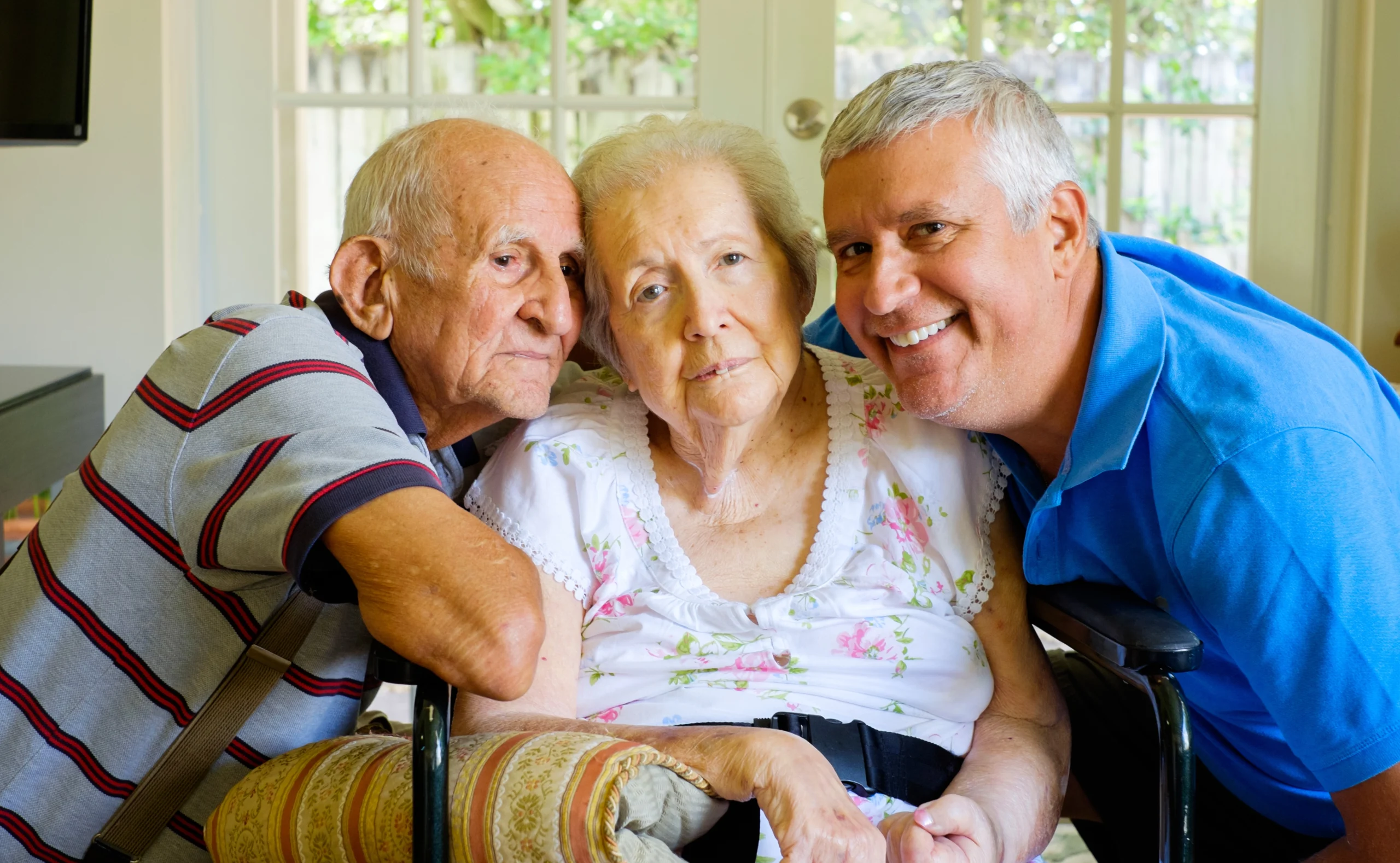Dementia is a complex and progressive condition that affects millions of individuals and their families worldwide. It encompasses a range of symptoms, including memory loss, confusion, and changes in behavior, which can significantly impact daily life. Caring for someone with dementia presents unique challenges that can be overwhelming and emotionally taxing.
As the condition progresses, individuals with dementia require increasing levels of support, making it crucial for caregivers to have practical and effective strategies to manage day-to-day care. Whether you are a professional caregiver or a family member, understanding how to create a safe and supportive environment is essential for enhancing the quality of life for those with dementia.
In this article, we will provide practical tips for home care, focusing on creating a dementia-friendly environment, establishing daily routines, improving communication, and handling challenging behaviors. By implementing these strategies, caregivers can help manage the complexities of dementia/Alzheimer’s care more effectively and provide compassionate, personalized support for their loved ones.
Daily Care Tips
Establishing a Routine
Creating and maintaining a consistent daily routine is crucial for individuals with dementia. Predictability helps reduce confusion and anxiety, providing a sense of security and stability. Start by setting regular times for waking up, meals, activities, and bedtime. Ensure that activities are simple and structured, and try to keep the environment calm and familiar. Consistency in caregivers and surroundings can also significantly contribute to a more relaxed and predictable daily life for dementia patients.
Personal Hygiene and Grooming Tips
Personal hygiene and grooming are essential aspects of daily care. Assist with bathing, brushing teeth, combing hair, and shaving, while ensuring the person’s comfort and dignity. Use clear, step-by-step instructions and break tasks into smaller, manageable steps. Creating a calm and pleasant environment, perhaps by playing soft music or using calming scents, can make these activities less stressful.
Dressing and Toileting Assistance
Dressing and toileting can be challenging for individuals with dementia. To assist with dressing, lay out clothes in the order they should be put on and opt for simple, comfortable clothing with easy-to-use fasteners. For toileting, establish a regular schedule and provide prompts or assistance as needed. Consider installing grab bars and raised toilet seats to enhance safety and independence.

Therapeutic Communication Strategies
Effective Ways to Communicate with Dementia Patients
Effective communication is key to providing quality care. Speak slowly and clearly, using simple sentences. Maintain eye contact and use positive body language to convey warmth and understanding. Be patient and give the person time to respond. Avoid correcting or arguing with them, as this can lead to frustration and agitation. Instead, focus on understanding their needs and feelings.
Dealing with Confusion and Memory Loss
To handle confusion and memory loss, provide gentle reminders and cues. Use memory aids like calendars, clocks, and labeled pictures of family members. When they struggle to remember, redirect the conversation to topics they are comfortable with or reminisce about positive past experiences. Encourage them to talk about their feelings and listen with empathy.
Activities to Stimulate the Mind
Simple Activities to Engage and Stimulate
Engaging in simple, meaningful activities can stimulate the mind and provide a sense of accomplishment. Activities like puzzles, gardening, knitting, or listening to music can be both enjoyable and beneficial. Tailor activities to the person’s interests and abilities, and ensure they are not too challenging to avoid frustration.
Importance of Social Interaction
Social interaction is vital for maintaining emotional health and cognitive function. Encourage regular visits from family and friends, and consider group activities like attending community events or joining support groups. Simple conversations and shared activities can enhance their sense of belonging and reduce feelings of isolation.
Nutrition and Meal Planning
Nutritional Needs of Dementia Patients
Proper nutrition is critical for individuals with dementia. Ensure they consume a balanced diet with adequate hydration. Include plenty of fruits, vegetables, whole grains, lean proteins, and healthy fats. Monitor their weight and nutritional intake regularly, and consult a dietitian if needed.
Tips for Making Mealtime Easier
Mealtime can be a challenge due to changes in appetite, motor skills, and perception. Create a calm dining environment with minimal distractions. Serve smaller, more frequent meals if they have difficulty finishing larger portions. Use plates and utensils that are easy to handle, and consider finger foods if using utensils is difficult. Be patient and offer encouragement.

Handling Challenging Behaviors
Understanding Triggers and Avoiding Conflicts
Challenging behaviors such as aggression, agitation, or wandering can arise from various triggers, including pain, discomfort, or environmental factors. Observe and identify patterns in behavior to understand what might be causing distress. Avoid confrontational situations and strive to create a calm and supportive atmosphere.
Techniques for De-escalation and Calming
When challenging behaviors occur, use de-escalation techniques such as staying calm, speaking softly, and providing reassurance. Redirect their attention to a different activity or topic to distract them from the source of agitation. Physical touch, like a gentle hand on the shoulder, can also provide comfort and reassurance. Create a quiet space where they can retreat to calm down when needed.
Professional Dementia Home Care in Southern New Hampshire
With the increasing prevalence of dementia, the need for comprehensive care has never been more critical. Providing effective dementia care requires a multifaceted approach that not only addresses physical health but also emotional and social well-being. Implementing practical strategies such as establishing routines, enhancing communication, and ensuring proper nutrition can significantly improve the quality of life for individuals with dementia and their caregivers.
At Bell Tower Home Health Care, we are committed to supporting families through the challenges of dementia care. Our team of compassionate and skilled caregivers is dedicated to delivering personalized care tailored to meet the unique needs of each individual. By choosing professional home health care services, you can ensure your loved ones receive the highest standard of care, allowing them to thrive in a safe and familiar environment. Let us partner with you to provide the best possible care for your loved ones, ensuring they live their lives with dignity and comfort.



